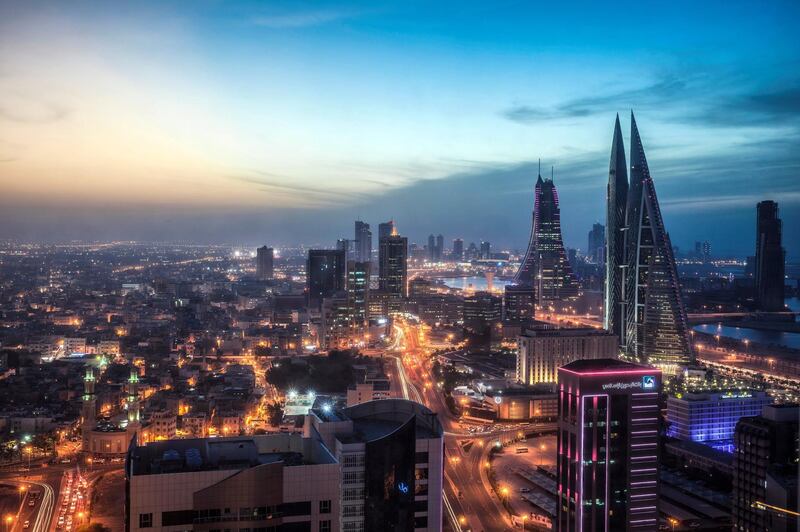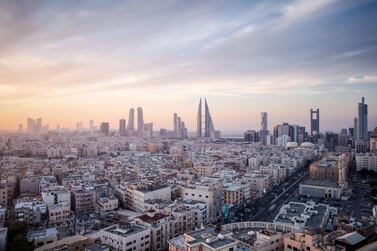The architect of China's Belt and Road Initiative has faced criticism in Bahrain for disregarding GCC nations' concerns over the threat from Iran.
At the opening session of the Manama Dialogue on Friday, Lanxin Xiang was repeatedly questioned about the political feasibility of what has been dubbed a new silk road.
A centre link of the project is the Middle East, connected by Chinese-built transport, communications and other infrastructure networks costing hundreds of billions of dollars.
Mr Xiang, who heads the state's Centre of One Belt and One Road Studies, was asked how he expects the region to give its approval while Iran is seen threatening shipping and existing infrastructure.
As member of the United Nations Security Council, Beijing was criticised as not playing a role in trying to curb Iranian threats to maritime security, despite China's heavy reliance on oil from the Middle East.
The Manama Dialogue is an annual policy forum organised by the International Institute for Strategic Studies.
Attempting to address the criticism, Mr Xiang said China would continue to pursue what he described as a policy of non-interference in the Arabian Gulf.
“It is very hard for China to do anything. Remember this whole thing has to do with the US-Iran relationship, rather than Iran’s relationship with Arab Countries,” Mr Xiang said.
Iran, Mr Xiang said, had “gained the upper hand in the sense of escalation domination,” with the US.
“They seem to know how to manage this escalation with the Americans better than the Americans do with them,” he added, questioning what China could do in this situation.
Mr Xiang explained intensified US sanctions on Iran would not prevent China from realising recent pledges to invest at least $250 billion in Iran. US sanctions on Iran lie at the heart of ongoing tensions between Washington and Beijing over the future of the Chinese technology giant Huawei in the US.
Mr Xiang also sought to assure the audience that China would continue a balanced approach towards the Middle East.
He said China's ties with the Middle East stand "at a very important turning point" as China's policy expands beyond traditional focus of promoting Chinese exports.
He laid the political thinking behind the Belt and Road initiative.
“The connectivity is not just the infrastructure, the roads and the highways. It has to do with the Chinese view of global governance, what the Chinese call developmental peace as an alternative concept to what in the Western view is called democratic peace.”
The Middle East has been a growing element in China’s geopolitical rise. Beijing has been a major baker of President Bashar Al Assad and its influence extends to Egypt and Sudan.
But Sheikh Salman bin Khalifa Al Khalifa Bahrain’s Minister of Finance and National Economy, said world powers need to stand up to what he termed violations of international norms in the region.
"What is threatening the security of the region will be threatening the stability of the world," said Sheikh Salman, who shared the panel with Mr Xiang.
The Bahrain minister mentioned the September 14 attack on Saudi Aramco's oil plants as an example of how regional tensions could have a knock-on effect across the world.
“All countries that have relationship with this part of the world have to play a role to put an end to such practices,” he said.






